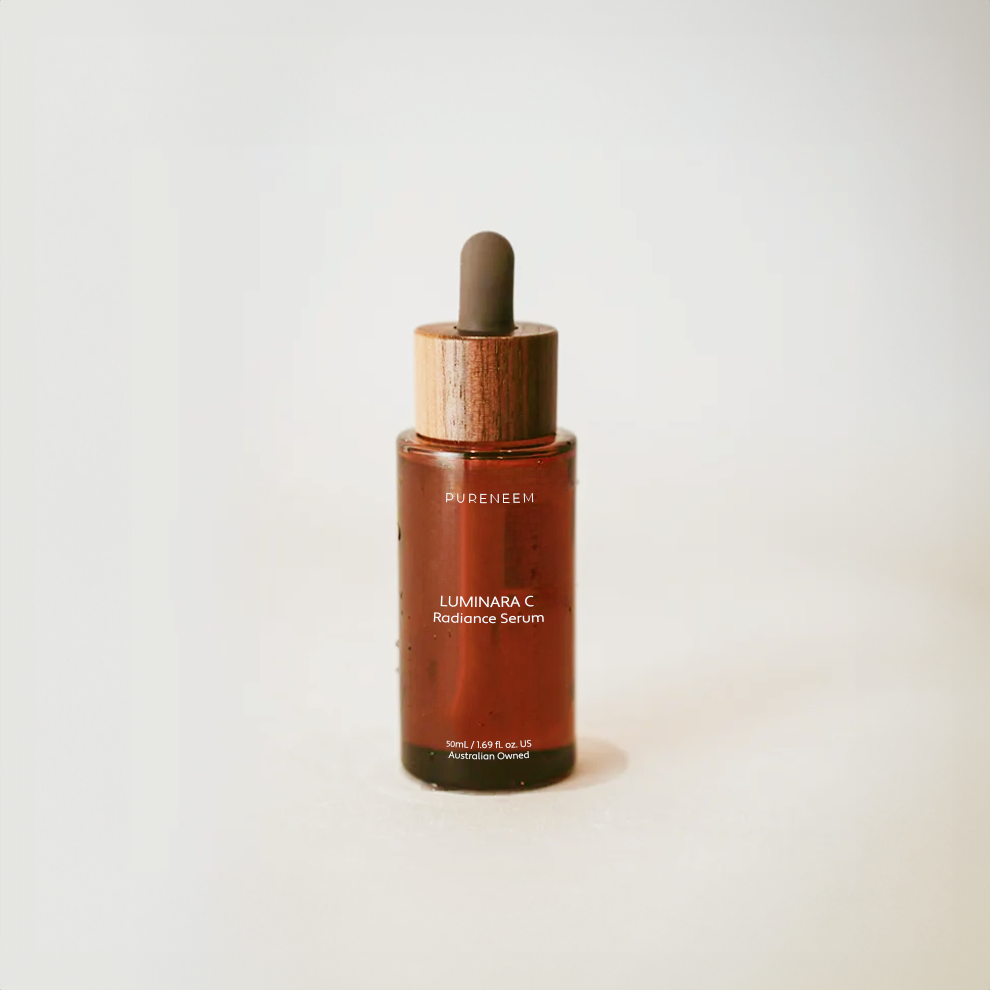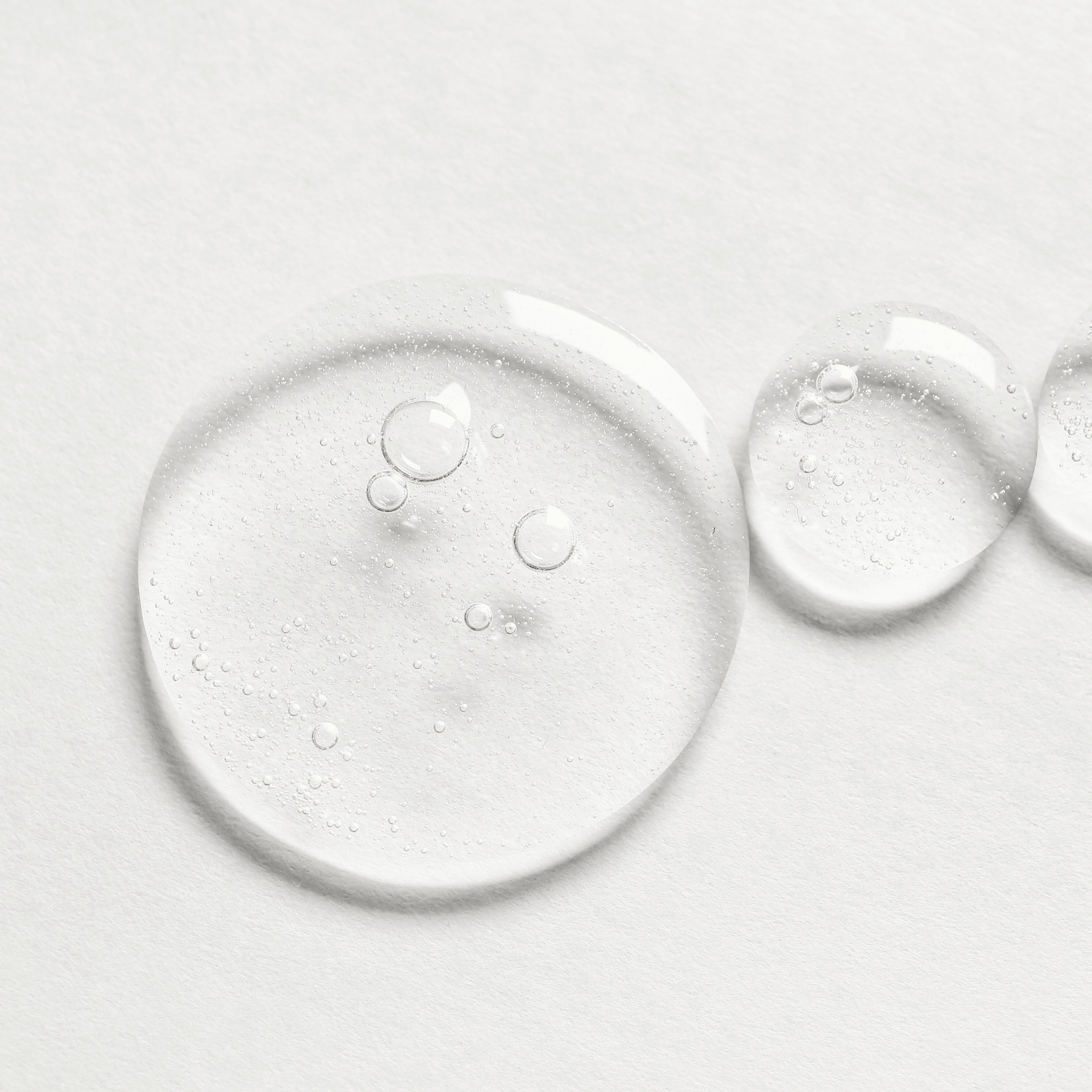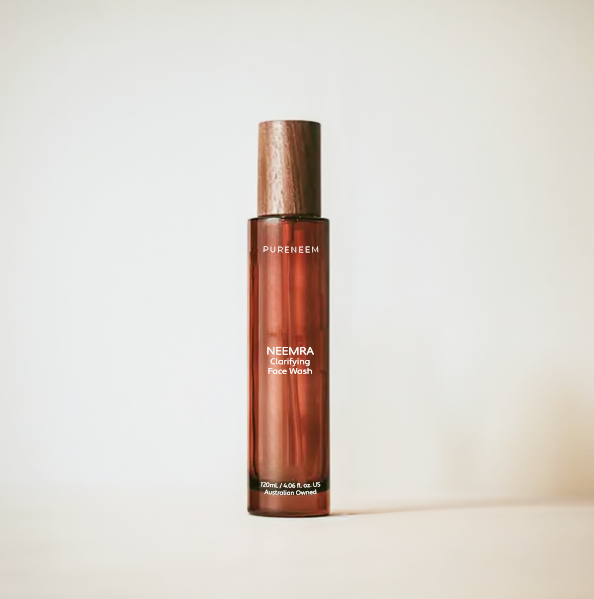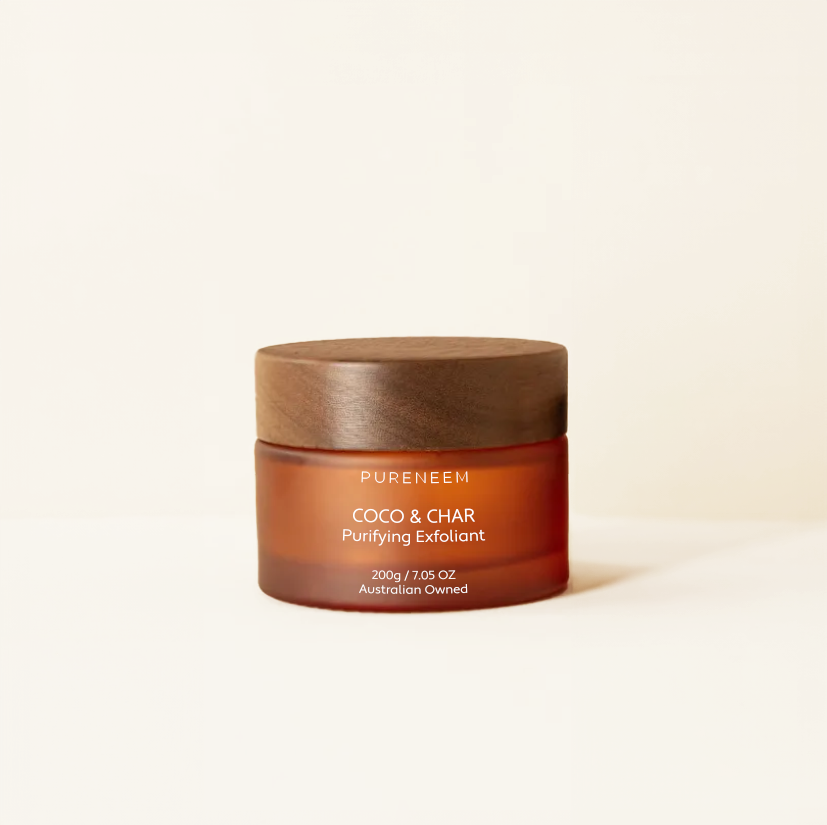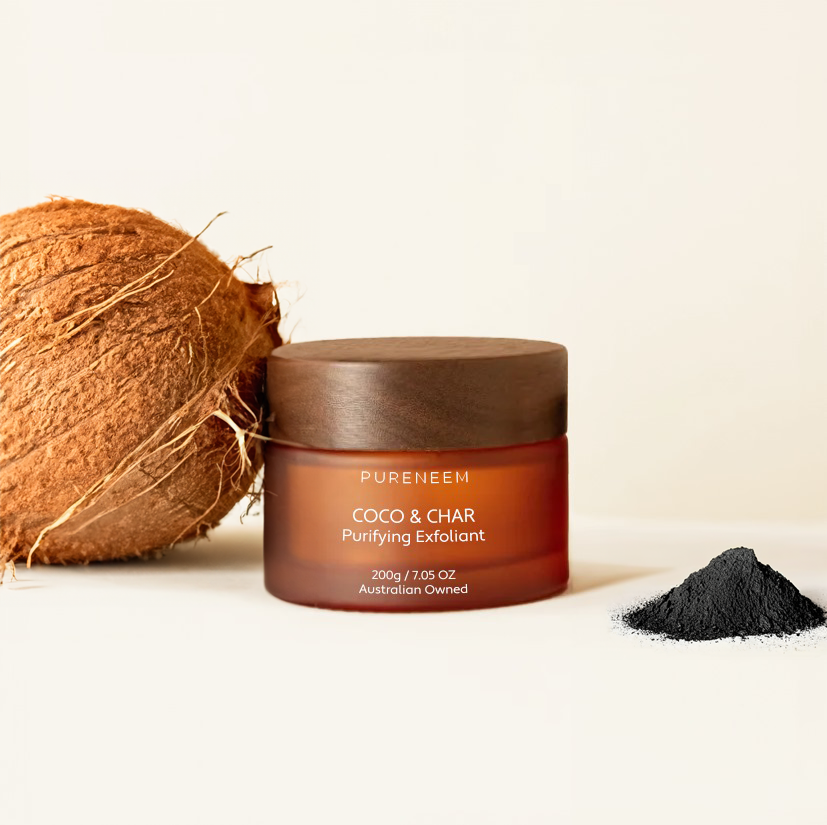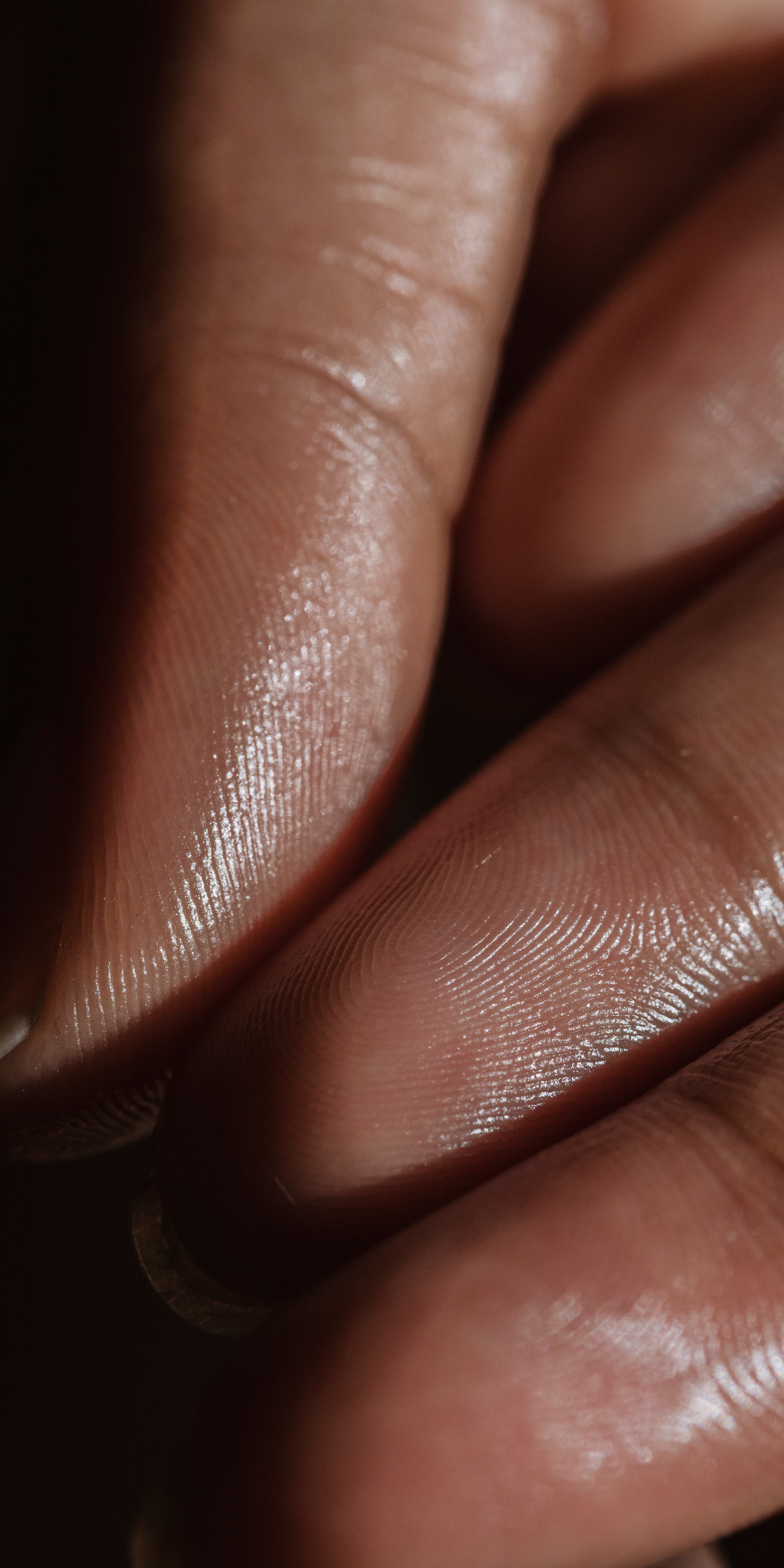
Managing Oily Skin
Causes, Concerns, and Effective Solutions
Oily skin is a common concern that affects many individuals, often leading to shine, clogged pores, and breakouts.
At PureNeem, we believe that understanding the root causes of oily skin and finding the right solutions can help you manage and balance your skin for a healthier complexion.
What Causes Oily Skin?
Oily skin occurs when the sebaceous glands in the skin produce too much sebum. While sebum is essential for keeping the skin moisturised and protected, an excess can lead to clogged pores and breakouts. Several factors can contribute to oily skin, including:
Genetics: Oily skin often runs in families. If your parents have oily skin, you’re more likely to have it too.
Hormonal Fluctuations: Hormones play a significant role in sebum production, especially during adolescence, pregnancy, and menstrual cycles.
Diet: Diets high in dairy, sugar, and processed foods can trigger excess oil production in some individuals.
Climate and Environment: Humid and hot environments can cause the skin to produce more oil.
Incorrect Skincare Routine: Using products that strip the skin of its natural oils can cause the sebaceous glands to overcompensate by producing even more oil.
Common Signs of Oily Skin
Oily skin is easy to identify through several noticeable characteristics:
- Shiny Complexion: Oily skin tends to have a shiny, greasy appearance, particularly in the T-zone (forehead, nose, and chin).
- Enlarged Pores: Excess oil production can lead to enlarged, visible pores, making the skin prone to blackheads and acne.
- Frequent Breakouts: Oily skin is more likely to experience clogged pores, leading to pimples, blackheads, and whiteheads.
- Makeup Slips Off: People with oily skin often find that their makeup doesn't last as long and may slide off due to the excess oil.
How to Manage and Treat Oily Skin
Managing oily skin involves balancing sebum production without over-drying the skin. Here are some effective strategies and ingredients that can help:
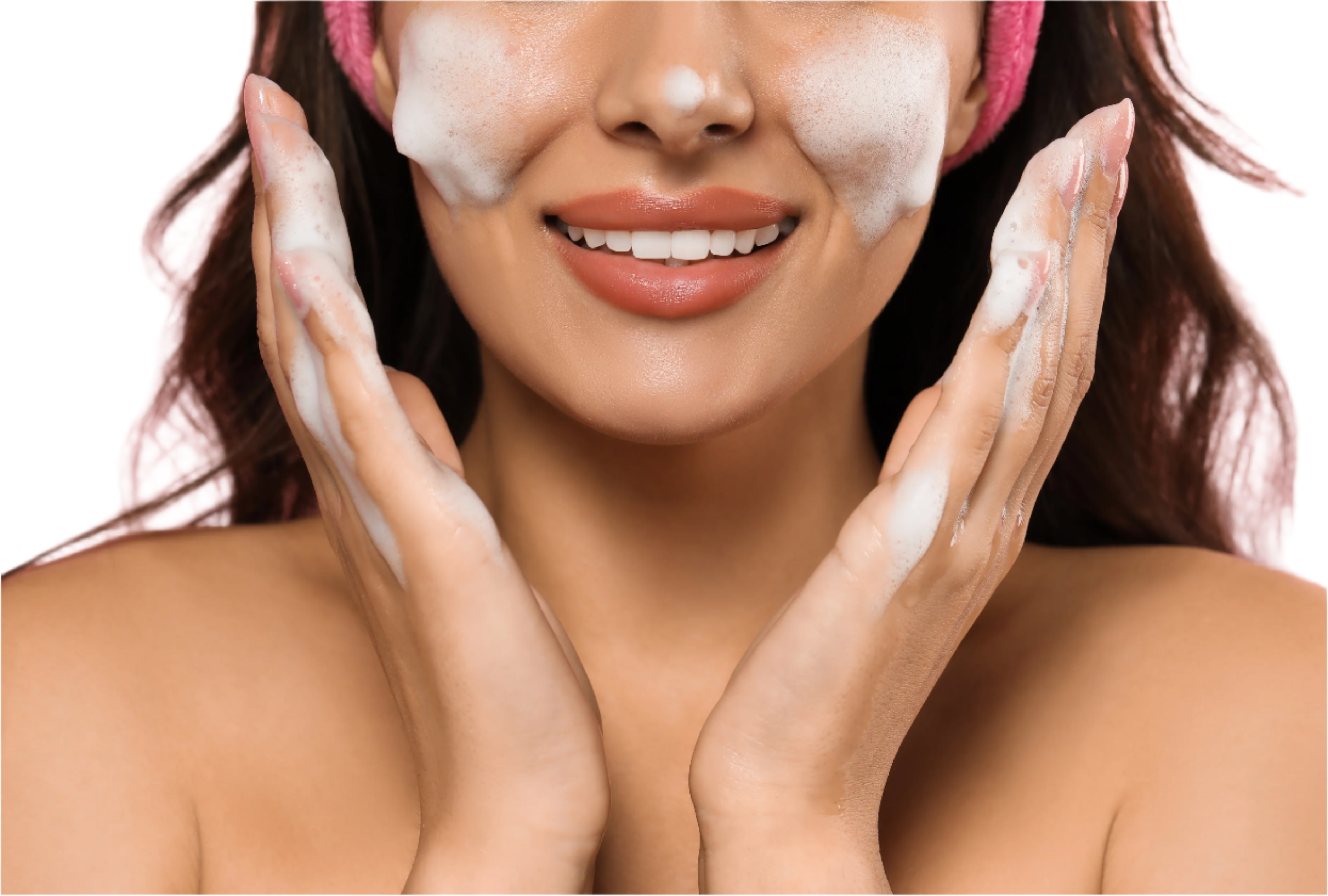
Cleansing and Exfoliation
Regular cleansing is crucial for oily skin. Use a gentle, foaming cleanser that removes excess oil without stripping the skin of its natural moisture. Exfoliating 1-2 times a week with products containing salicylic acid (BHA) or glycolic acid (AHA) helps to prevent clogged pores and keeps the skin smooth.
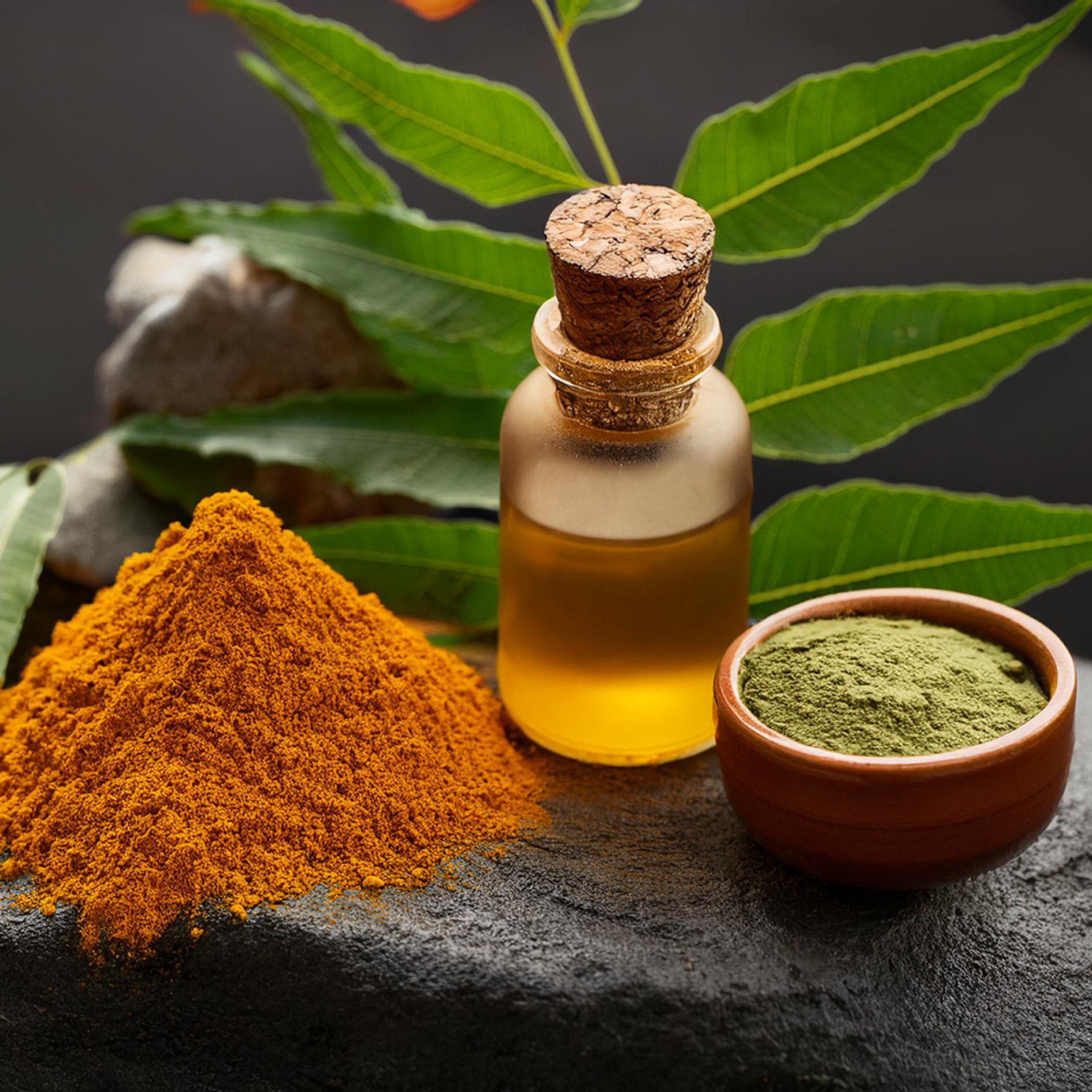
Topical Treatments
Neem and Turmeric: Neem’s antibacterial and balancing properties help regulate oil production while preventing acne, making it ideal for oily skin. Turmeric, with its anti-inflammatory benefits, can reduce redness and calm irritated skin.
Witch Hazel: As a natural astringent, witch hazel tightens pores and controls oil production, keeping your skin balanced throughout the day.
Salicylic Acid: A BHA that penetrates deep into pores, salicylic acid helps to clear out excess oil and exfoliate dead skin cells.
Clay Masks (e.g., Fuller's Earth): Clay masks absorb excess oil and impurities from the skin, helping to mattify and prevent clogged pores.
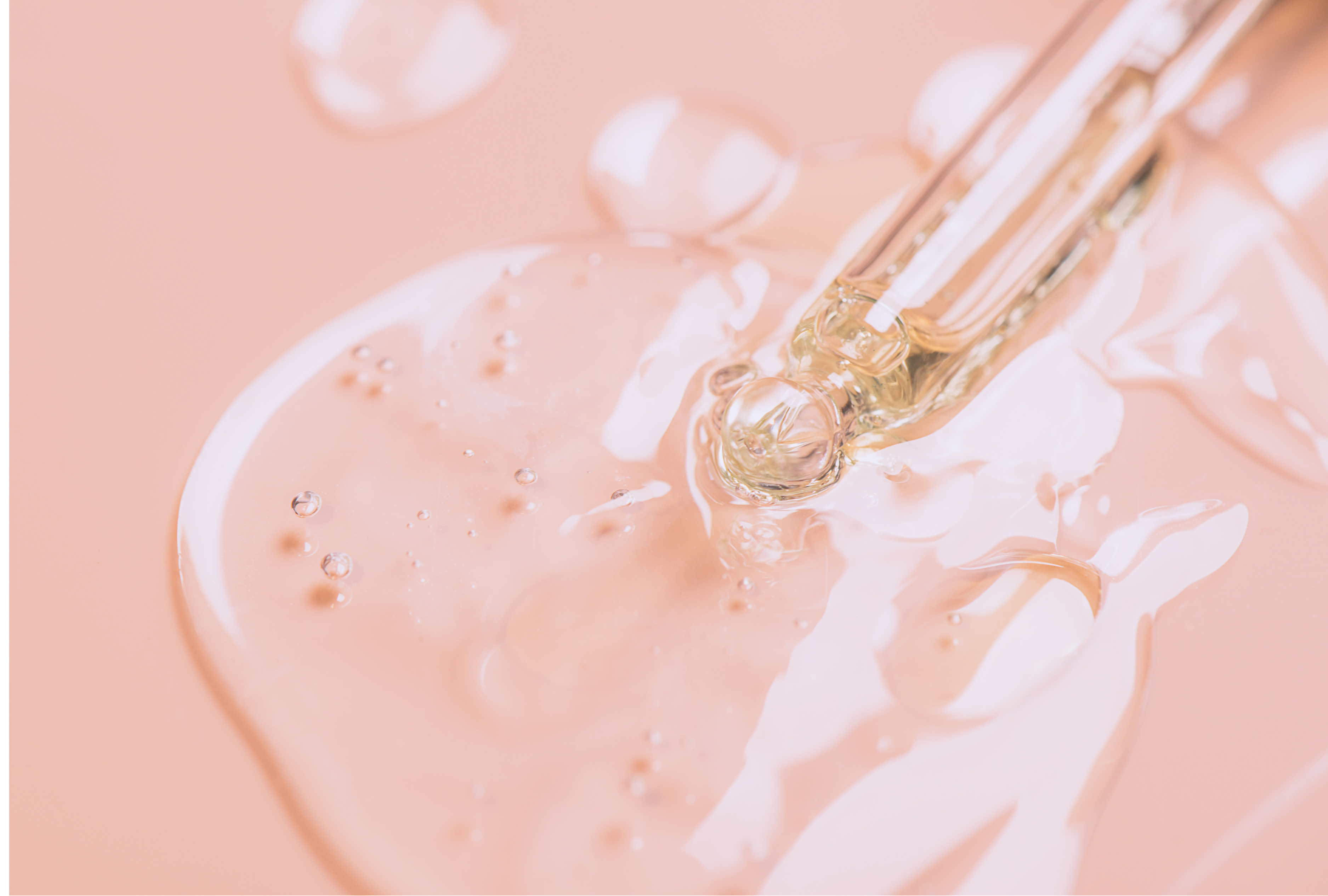
Hydration and Moisturising
Oily skin still needs hydration. Opt for lightweight, non-comedogenic moisturisers that provide hydration without clogging pores. Hyaluronic acid is an excellent ingredient for oily skin, as it hydrates without adding oil. Avoid heavy creams and instead choose gel-based moisturisers.

Diet and Lifestyle
A balanced diet rich in antioxidants, fruits, and vegetables can help control excess oil production. Staying hydrated and reducing the intake of sugar and processed foods can improve skin health. Regular exercise and stress management also play a role in balancing hormones that may influence oily skin.
Though balancing oily skin can be a challenge, especially with factors like genetics and hormones at play, PureNeem strives to offer solutions that can help alleviate this concern. Our products are enriched with vital ingredients specifically chosen to address oily skin issues, helping you achieve a more balanced, clear, and healthy complexion.

